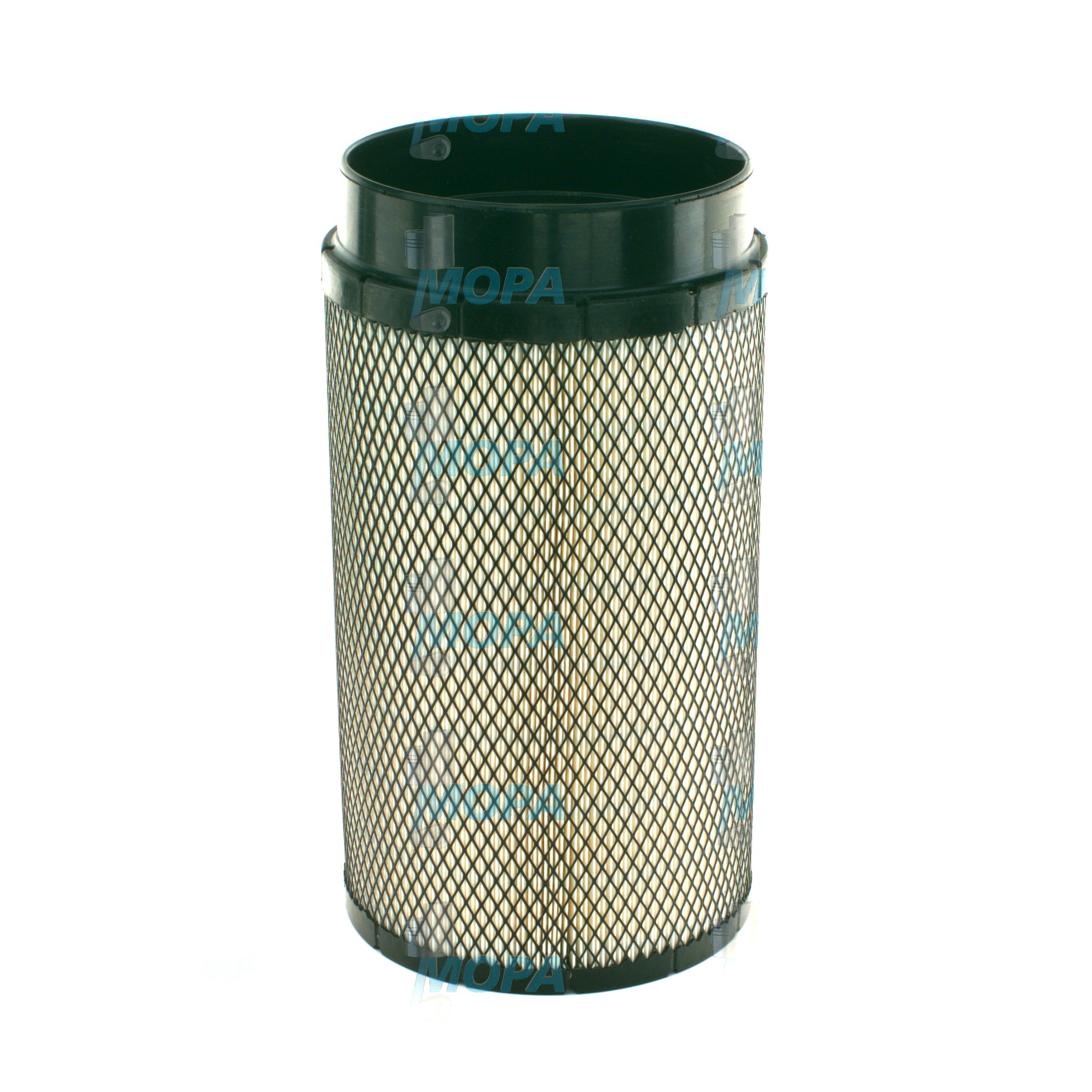AIR CLEANER Filter: Critical Filtration Components for Demanding Engines
Filters are precision-engineered components that protect engines from contaminants by separating unwanted particles from air, fuel, oil, or coolant. Within this category, the AIR CLEANER filter focuses on intake air quality—the decisive factor for clean combustion and predictable engine performance. Whether on a vessel, in a power plant, or on an industrial site, a well-specified filter shields turbochargers, cylinders, and sensors from abrasive dust, salt crystals, and moisture. For purchasers, shipowners, and technical decision-makers, investing in the right AIR CLEANER filter is a direct lever for efficiency, uptime, and lifecycle cost control.
Engines inhale vast volumes of air; without effective filtration, finer particulates pass through and act like lapping compound on high-value components. The result is measurable wear, unstable combustion, and increased fuel burn. A properly selected and serviced AIR CLEANER filter stabilizes airflow, protects precision surfaces, and helps engines—diesel and gas alike—run closer to their design parameters over a longer service life.
AIR CLEANER Filter Technical Function in a Diesel Engine and Marine Engine
An AIR CLEANER filter removes solid particles and aerosols from the intake stream before they reach the compressor wheel and cylinders. In a diesel engine, the filter’s media—often a multi-layer synthetic or cellulose composite—captures particles down to a specified micron rating while maintaining low differential pressure. In a marine engine, additional design details such as salt-mist separation, corrosion-resistant housings, and water-repellent pre-filters are common to handle humid, saline atmospheres. Advanced configurations may include a cyclonic pre-cleaner to eject heavier particles and extend service intervals.
Filtration performance is a balance of efficiency and pressure drop. High efficiency prevents dust ingress; low initial and stabilized pressure drop preserves mass airflow, keeps turbocharger operating points in the safe zone, and sustains rated output. On electronically managed engines, a stable AIR CLEANER pressure profile supports consistent sensor readings (MAP/MAF), enabling accurate fueling and emissions control. For applications where compliance is critical, AIR CLEANER OEM parts come with verified media properties, flame resistance options for gas engines, and dimensional accuracy that prevents bypass—one of the most damaging failure modes.
- · Protects turbochargers, cylinder liners, and valves from abrasive wear.
- · Maintains airflow and prevents power loss due to intake restriction.
- · Supports stable combustion, lower soot, and cleaner exhaust.
- · Tailored variants for marine engine environments and high dust loads.
- · Engineered media with defined micron rating and dust-holding capacity.
- · Secure sealing to eliminate bypass under vibration and pulsing.
- · Compatible AIR CLEANER OEM parts for dependable fit and performance.
AIR CLEANER Filter Importance for Reliable Engine Operation
The AIR CLEANER filter is a frontline defense. If it wears out, clogs, or seals poorly, risk escalates quickly. Elevated restriction shifts compressor maps, can induce turbocharger overspeed or surge, and forces the engine to work harder to ingest air, raising fuel consumption and exhaust temperatures. Ingested dust accelerates piston ring and liner wear, leading to blow-by, oil consumption, and loss of compression. Salt and moisture in marine duty promote corrosion, fouled charge-air coolers, and sensor drift.
Operational symptoms of an underperforming filter include black smoke under load, increased EGT, sluggish acceleration, and higher specific fuel oil consumption. Over time, abrasive ingress polishes liners, scores ring lands, and contaminates lubricating oil—multiplying downstream maintenance costs. Routine monitoring of differential pressure and scheduled replacement with suitable AIR CLEANER components are therefore essential practices for any reliability-centered maintenance plan.
Advantages of OEM Spare Parts Suitable for AIR CLEANER Filter
Choosing OEM spare parts suitable for the AIR CLEANER filter safeguards engine performance and the maintenance budget. These components are built to the engine maker’s dimensional, material, and filtration criteria, ensuring consistent efficiency and predictable pressure drop across the service interval. Media composition, pleat geometry, adhesive integrity, and seal materials are controlled for durability under temperature cycling, vibration, and pulsating flow—typical stressors in diesel and gas engines.
Beyond raw filtration, OEM spare parts suitable for filters provide traceable quality, repeatable fit, and tested resistance to fuel mist, salt-laden air, and cleaning agents used in engine rooms. The result is fewer unplanned stoppages, stable emissions, and extended service life of high-value assemblies such as turbochargers and charge-air coolers. When evaluating total cost of ownership, the right AIR CLEANER OEM parts reduce the frequency of replacements, protect downstream components, and minimize fuel penalties from excessive restriction.
AIR CLEANER OEM Parts: Performance, Reliability, and Budget Control
Procurement teams benefit from standardized part numbers, clear performance data, and documentation that aligns with maintenance records. Correct fit eliminates the risk of bypass; validated media prevents early clogging or media migration. Across fleets, this translates into consistent performance and simplified logistics.
MOPA: Your Partner for AIR CLEANER OEM Parts and Filter Supply
MOPA is a reliable partner for OEM spare parts in the Filter category, supplying AIR CLEANER solutions for diesel and gas engines across marine, power generation, and industrial sectors. Clients value our speed of delivery, quality of sourcing, and transactional security. We help you identify the correct AIR CLEANER for each engine type and duty cycle—whether a deep-sea marine engine facing salt-mist exposure or a land-based diesel engine operating in dusty climates.
With MOPA, you can expect responsive quotations, global shipping options, and professional documentation. Our team supports technical cross-references, differential pressure targets, and recommended service intervals to keep your equipment operating at planned efficiency levels. The result: fewer surprises, better uptime, and a stable maintenance budget.
Conclusion: AIR CLEANER Filter Impact on Engine Longevity
The AIR CLEANER filter is fundamental to engine health, safeguarding airflow quality, component integrity, and fuel efficiency. Selecting OEM spare parts suitable for filters ensures dependable performance, consistent fit, and optimized lifecycle cost. With MOPA as partner, sourcing the right AIR CLEANER OEM parts for diesel and marine engines becomes faster, safer, and more efficient.



